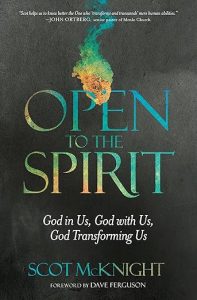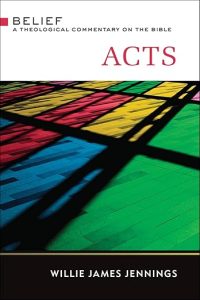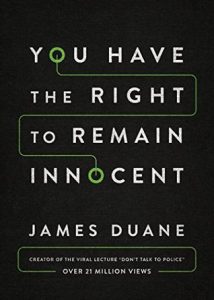 Summary: A broad overview of the church desegregation protests, and then a deep dive into one particular church with extensive interviews and history.
Summary: A broad overview of the church desegregation protests, and then a deep dive into one particular church with extensive interviews and history.
I think that many people do have historically accurate views on how the church has traditionally related to racism, segregation, and the Civil Rights Era. An excellent introductory book for the subject is Jemar Tisby’s Color of Compromise. But no introduction can adequately address every issue in a long history.
The Last Segregated Hour works through the kneel-in campaigns that started in the mid 195s, alongside the lunch counter protests, the freedom rides, and other similar desegregation campaigns. The initial section that details the national perspective of the Kneel-ins feels repetitive because the history was repetitive. Teams of mixed race worshipers would visit a church, usually coordinated with a larger group so that several churches were visited at the same time. Some churches would welcome the groups, or at least not prevent them from being seated. Some churches would allow them in the sanctuaries but segregate them into a particular area. Some churches would ban them from entering, occasionally resulting in violence or police presence.
These Kneel-in campaigns happened over and over throughout the country for years. Churches that banned the mixed-race worshipers usually were visited over and over again, until they were allowed in. Some individual churches had groups of mixed race worshipers attempt to enter the congregation weekly for over a year before they were allowed to be seated.
According to Haynes, there was not a consistent denominational or church tradition that across geography was either more welcoming or more segregated, although in general Baptist churches were a bit more likely to be segregated, and Catholic was the most unlikely. But there were examples of almost every type of church being both segregated and welcoming.
Once the book moves to the particular example of the city of Memphis Kneel-ins starting in 1964 and then the specific campaign at Second Presbyterian Church, the book becomes more engaging. It is not that the national history and context is not essential; it is. But the particular does give a close understanding that I think makes this book worth reading. Part of the importance of the book is the interviews. Four chapters focus on memories of members at Second Presbyterian, the protestors themselves (separate sections looking at the different experiences of both White and Black protestors), and then a chapter on the perception of the member children and youth.
![A Pilgrims Journey: The Autobiography of St.Ignatius of Loyola by [Tylenda, Fr. Joseph N.]](https://bookwi.se/wp-content/uploads/2019/09/51nvxs3i99l.jpg)


![How To Be an Antiracist by [Kendi, Ibram X.]](https://bookwi.se/wp-content/uploads/2019/08/41tlufzqr5l-_sy346_.jpg)

![The Heartbreaker: A Novel (St. Benet's Trilogy Book 3) by [Howatch, Susan]](https://bookwi.se/wp-content/uploads/2019/08/41jznqiqzl-_sy346_.jpg) Summary: Conclusion of the trilogy of related stories loosely connected to downtown London parish healing center.
Summary: Conclusion of the trilogy of related stories loosely connected to downtown London parish healing center. ![Life Beyond Measure: Letters to My Great-Granddaughter by [Poitier, Sidney]](https://bookwi.se/wp-content/uploads/2019/08/51qom0q2ll-_sy346_.jpg) Summary: Letters to his granddaughter with a mix of family history and life advice.
Summary: Letters to his granddaughter with a mix of family history and life advice.
